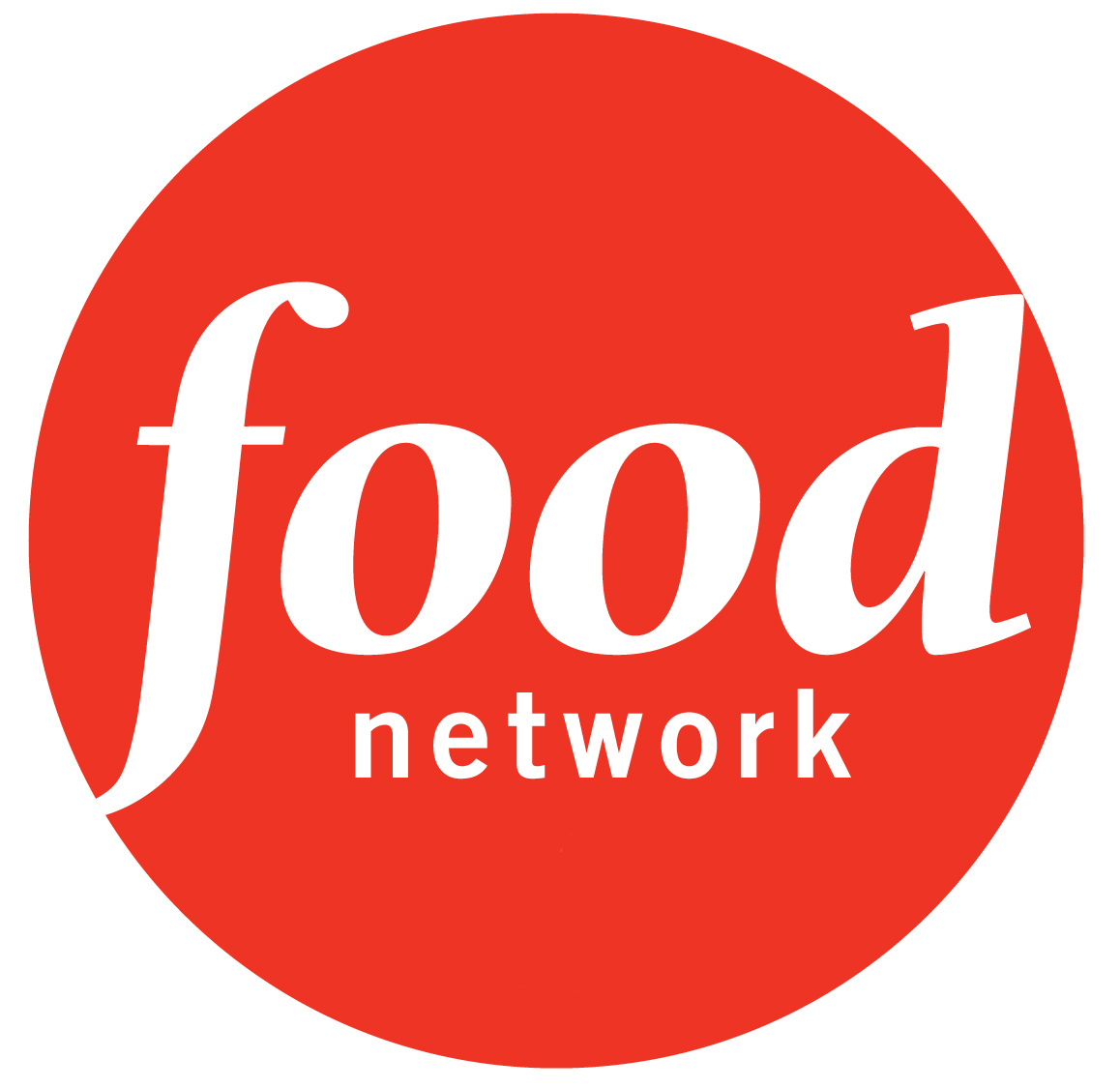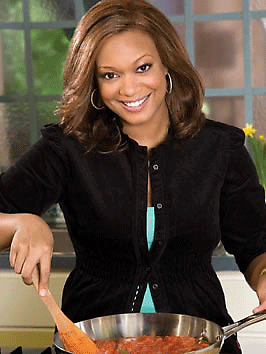The Big Picture: TV dinners
WHAT NON-FARMERS ARE SAYING ABOUT FARMING
THERE HAS NEVER been any doubt that North Americans love food. But, with an entire TV network devoted to food and programs featuring famous chefs and food challenges cropping up on nearly every network in between, it’s clear that people find food both tasty and tantalizing.
Although farmers may not have an interest or the time to flick through channels for inspirations for dinner, it’s important to realize that lots of people are tuning in. As food and farming are inextricably linked, what the non-farming majority thinks about food can have a strong impact on what they think about agriculture.

The Food Network features your standard fair of instructional cooking shows in the style of Julia Childs along with their competition-focused shows like Iron Chef America.
How’d That Get On My Plate? is a primetime Food Network program that features Chef Sunny Anderson as she follows the journey of one ingredient from start to finish. Travelling to the source of one specific ingredient, the program provides viewers with an inside look at where the food on their plate began.
Sunny Anderson from How’d That Get on my Plate?

In one recent episode, the host visited a farm in Washington during wheat harvest. The show follows the wheat from harvest to a brewing company in Colorado where it is turned into a batch of wheat beer.
This type of show does a great job of connecting food with farming and is very popular among urban viewers who have been separated from any type of agriculture for generations. The fact that this show airs on primetime demonstrates that people are interested in where their food comes from and how it’s made. Other food-focused shows on television take on a more critical message about agriculture. Recently re-aired in the US, Jamie Oliver’s Fowl Dinner is very critical of modern practices of poultry farming. Highlighting practices such as battery cages and poor welfare in “factory farms,” the show encourages consumers to consider buying free range chicken and eggs. Originally aired in Britain in 2008, the show is primarily focused on British poultry operations.
The show presents stark facts about production and doesn’t shy away from showing graphic photos and video. The host recommends supporting local farmers and proposes that organic chicken and eggs are better than conventional.
Whether you agree or disagree with the message, there is no doubt that the show has impacted at least some of its millions of viewers. People are taking note and farmers should be aware of the impact, both positive and negative, these programs may have on the non-farming public – who are ultimately their customers. •

















